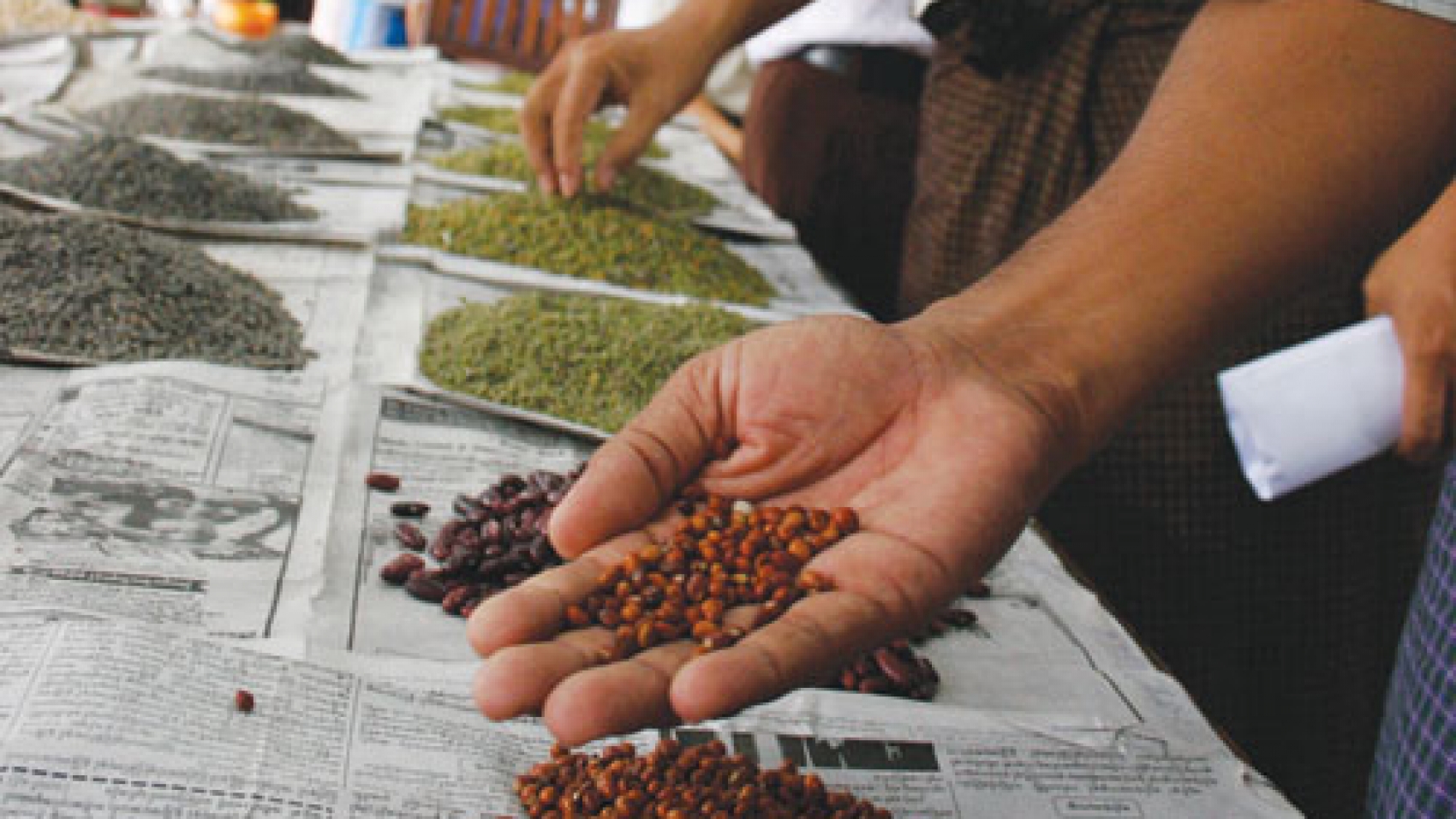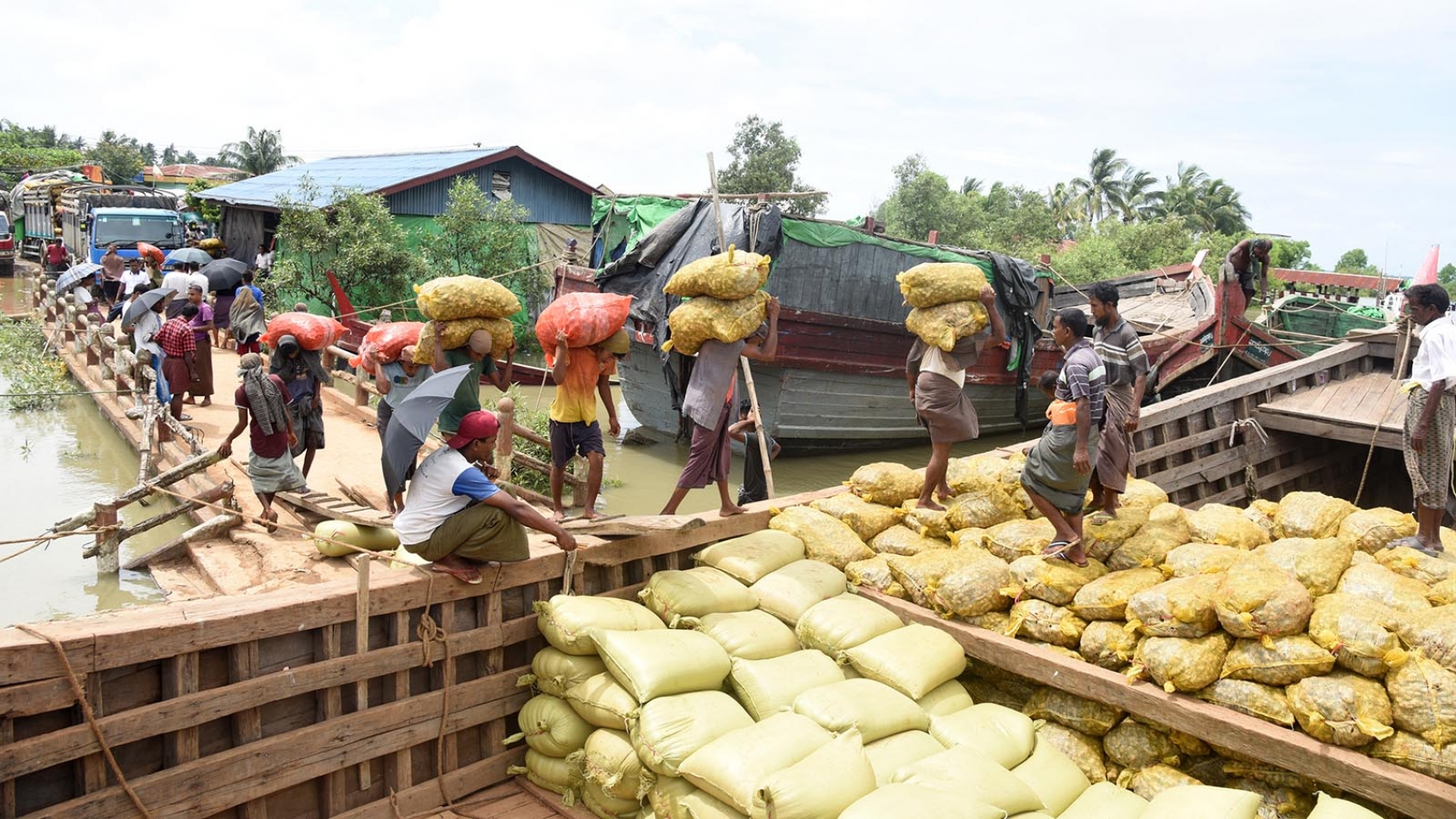The COVID-19 vaccine will be given to up to 50 percent of the population by 2021, according to the Ministry of Health and Sports. Currently, one million vaccines will arrive in Myanmar this month, with more coming in the coming months, according to the Ministry of Health and Sports. At present, the Covishield vaccine purchased from Myanmar cannot be exported from India on time. Vaccines are being made available in Russia, and the public will be required to wear a nasal mask after the vaccination. Hand washing; According to the Ministry of Health and Sports, preventive measures such as separation from each other will continue.
Efforts are also being made to make the current immunizations available as soon as possible. Private health care providers and staff; Volunteers will be given priority. 300,000 people have been donated the COVID-19 vaccine Sinopharm in China, which has a population of 150,000. The vaccine is currently being administered in different regions and states. Quotas are distributed depending on the outbreak, and the priority list includes education staff from basic to higher education, with limited access to hundreds of thousands of COVID-19 vaccines. About 1.75 million people have received the full COVID-19 vaccine in Myanmar, the Union Minister for Health and Sports said at a COVID-19 coordination meeting on July 7.
Vaccination services are also being given to target groups depending on the availability of drugs, and about 1.75 million people have received the full vaccine. The Union Minister also said that private health care organizations have been allowed to import and sell their vaccines with the permission of the Food and Drug Administration. The Ministry distributed 12 million oral masks in June 2021 and plans to distribute another five million in June 2021 to raise awareness of preventive measures among the people. These oral and nasal masks (Surgical Masks) were distributed in townships, Neighborhood Crowded markets in villages; The Union Minister said that free distribution was being carried out at places such as bus stops.
Source: Daily Eleven





